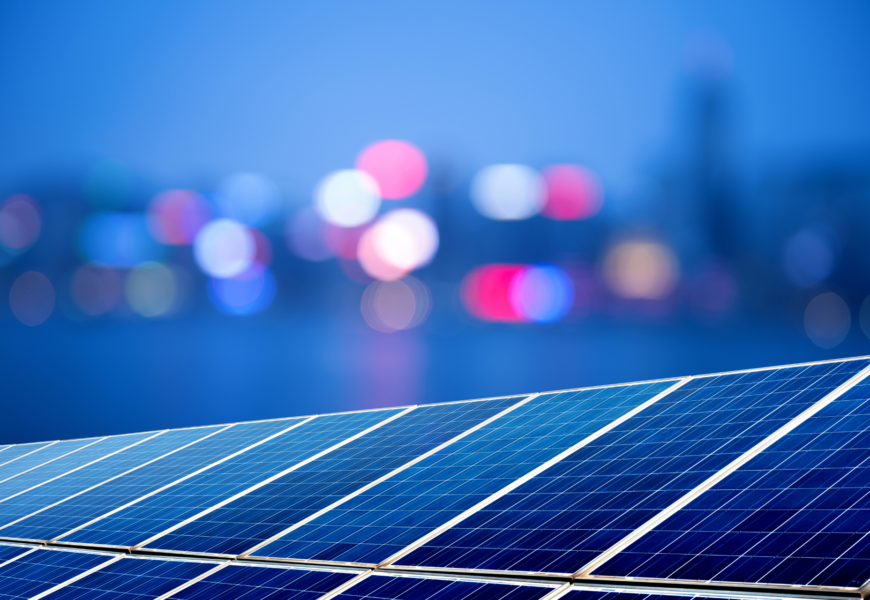Solar panels are renowned for harnessing the power of the sun to generate electricity, but a common question persists: Do solar panels work at night? Let’s delve into the intricacies of solar technology to understand how solar panels function in the absence of sunlight.
How Solar Panels Generate Electricity:
Solar panels operate on the principle of photovoltaics, where sunlight is converted into electricity through the use of semiconductors. When sunlight strikes the solar cells on the panels, it excites electrons, creating an electric current. This process occurs during daylight hours when the sun is shining.
The Challenge: Nighttime and Lack of Sunlight:
Solar panels indeed do not generate electricity at night. During nighttime, there is no sunlight to initiate the photovoltaic process. Additionally, solar panels are not designed to store energy; instead, they generate electricity on-demand when exposed to sunlight.
Overcoming Darkness: Battery Storage Systems:
To address the issue of solar panels not working at night, many solar energy systems incorporate battery storage. Excess electricity generated during the day is stored in batteries for later use, ensuring a continuous power supply when the sun is not shining.
Net Metering and Grid Connectivity:
In regions with a power grid, solar panel owners can benefit from net metering. Excess electricity generated during the day is fed back into the grid, and the homeowner receives credits. At night, or when solar production is insufficient, they draw electricity from the grid.
Hybrid Systems and Backup Power:
Some solar installations integrate hybrid systems that combine solar panels with other power sources, such as wind or a backup generator. This diversification ensures a more reliable and continuous energy supply, even in periods of low sunlight.
The Future: Advancements in Solar Technology:
Ongoing advancements in solar technology aim to improve efficiency and address limitations. Researchers are exploring innovative solutions, including night-time solar cells that can capture and store energy from residual ambient light.
Conclusion:
In summary, traditional solar panels do not work at night due to the absence of sunlight. However, the integration of battery storage, net metering, and hybrid systems allows solar-powered homes to have a continuous and reliable power supply, even during nighttime hours. As solar technology continues to evolve, the future may bring even more efficient and versatile solutions to address the challenges associated with nighttime energy production.










